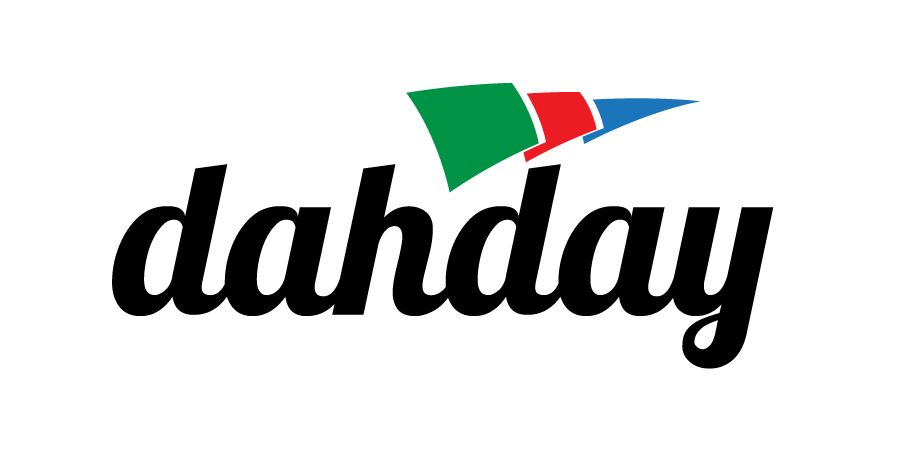Yes, Teams Sometimes Try To Limit Opposing Fans From Buying Tickets. Here is How.
January 24, 2022
What an NFL playoffs weekend! No doubt, if you are a 49ers, Rams, Chiefs or Bengals fan, you are very excited and potentially inspired to splurge on an impromptu trip to see your favorite football in hopes of being there if the team advances to the Super Bowl.
The least resistant path to getting tickets would be via the secondary market or a marketplace the NFL or your team endorses. Maybe your local broker has seats as well. But especially in the case of the Los Angeles Rams, who have an opponent with a robust and not-so-far fanbase coming into SoFi Stadium this weekend, the goal is to limit these exuberant Niners fans for as many Blue and Yellow faithful as possible to buy tickets.
So sports fans may ask – how does this work? Is it legal? Is it even worth the time and effort when it might be inevitable?
From someone who has been on the “primary” side (working for a team or arena) and has been on the “secondary” side (purchasing tickets to re-sell), I can just share with you what I have seen what the Los Angeles Rams ticket sales leadership might be implementing to curtail Niner fan purchases and what brokers or fans might encounter trying to buy SoFi Stadium playoff tickets. I am not lawyer so I would not know the legal nuances of what can and cannot be done, but I know at least what is tried.
I worked at Prudential Center when the New Jersey Devils hosted the rival Philadelphia Flyers in the 2010 and 2012 NHL Stanley Cup Playoffs. The Devils lost the first series, as the Flyers advanced all the way to the Stanley Cup Finals, losing to the Chicago Blackhawks; the Devils won the second series, eventually losing to the L.A. Kings in the Stanley Cup Finals. In both cases, Flyers fans did travel. It ain’t far. You could argue in the state of New Jersey alone, there are counties where the New Jersey Devils are the THIRD most popular hockey team. At least in South Jersey, no doubt the Orange and Blue are the most popular NHL club. So for these intense playoff series, the Devils ticket sales leadership wanted to make these games maintained a home ice advance feel as much as possible and also reward hardcore fans and season ticket holders who understandably want to feel at home in a home playoff series.
So to try to tamp down the Flyers fan purchases, there were certain things they tried to do:
First, leadership had the entire ticket sales staff try to identify every broker email they had in their database. The idea here was taking those emails out of the email marketing notifications for season ticket holder or fan pre-sales. There were emails sent around the office multiple times – “hey folks, here is our list of identified broker emails. Are we missing any?” – so they could take out as many as possible. Today, there would be more mature data on mobile ticket transfers indicating who buys the tickets compared to who attends games and who does not, but this was one way to try to “scrub” the list. The second idea, as the Los Angeles Rams are doing, is trying to limit ticket purchases to credit card holders with certain cleared zip codes. This was harder to do for a series against the Flyers, whose fanbase in significant part actually live in New Jersey or in counties consider “Devils Country” but for a city far enough like San Francisco, there would be some obvious zip codes most associated with Niners fans. This is certainly not full proof because Southern California is now home to so many transplants – how can you be certain a fan living in Burbank did not grow up in the Bay Area or, say, a fan from L.A. genuinely roots for the 49ers since the Colin Kaepernick days? So this is not an exact science.
Another more modern tactic which the Tennessee Titans leadership reportedly utilized would be restricting mobile ticket transfer until 24 hours before game. Though for the passive ticket buyer, this might scare off a buyer or two from feeling uncertain about buying a ticket that is not in their ticketmaster account immediately, this delay really doesn’t hinder sales. If anything, sometimes fans prefer waiting for the tickets to appear in their account last minute – especially compared to old school hard stock tickets, which would have to be picked up in person somewhere or could be accidentally lost or stolen. Having a charge on your card and a receipt from the exchange you purchased from is a strong trail to get your tickets or to be obligated a refund and then purchase replacement seats. So the tactic here is as much akin to telling students not to run onto the playing field after a big win so as to prevent a few from doing it when it is inevitable most students will do it anyway.
With this attempt to restricted purchase could bump up secondary market pricing – or not. Sometimes a team just has less interested fans or less sense of urgency to go to a playoff game. The obvious example being the 2016 Chicago Cubs fan had a pretty high sense or urgency to consider buying a World Series ticket compared to a New York Yankees or Los Angeles Dodgers fan. So in the end, if the fan really wants to go – regardless of these restrictions – they will find a way.
Like blogs like these? Sign up for Dahday's email list!
SIGN UP FOR DAHDAY'S EVENT UPDATES!
Stay on top of what events are in your area!
We respect your privacy. We will never sell your email address or spam you. You can unsubscribe at any time.
